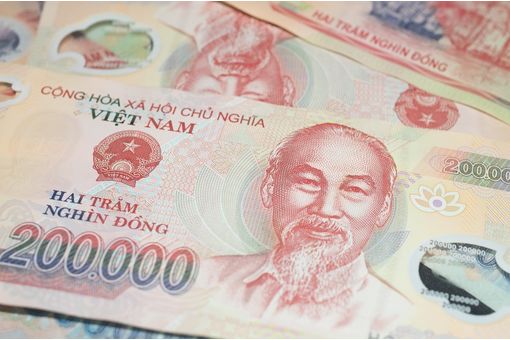EU Parliament approves new-GSP for T&C sector
The updated generalised system of preferences (GSP) removes tariff preferences, such as today's reduced or zero duties, for EU imports from countries where per capita income has exceeded $US 4,000 for four years, reflecting the fact that many GSP beneficiaries (including Russia, Brazil and Saudi Arabia) now compete on an equal footing with the EU in world markets. The update was approved with 503 votes in favour, 107 against and 37 abstentions.
"The Parliament has focused on making the system more transparent, more predictable and more generous for the countries that remain in it", said Christofer Fjellner before the vote, adding his hope that in 10 years, when the Parliament will next update the scheme, "we will have even fewer countries participating in GSP scheme — because there will be fewer poor countries in the world due to benefits that this system has brought them".
The update will reduce the number of countries that enjoy preferential access to EU markets from 176 to around 75. It will also reduce the total value of imports that qualify for EU preferences from €60 billion in 2009 to about €37.7 billion in 2014, thus creating room to increase preferences for the remaining beneficiaries.
More imports to qualify for GSP+
The new rules will enable 3 new countries — Pakistan, the Philippines and Ukraine — to apply for zero EU duties to be charged on their exports to the EU under the "GSP+" incentive scheme. To qualify, these exports would have to account for less than 2% of the EU's total GSP imports (up from 1% today) and the countries would have to prove that they abide by 27 international conventions in the field of human rights and sustainable development.
But safeguards for EU textiles and garments
However, to ensure that the GSP+ concession does not lead to import surges that harm EU textile and clothing producers, MEPs negotiated with the Council a rule that tariff preferences for these products will be suspended for a given country if EU imports from that country grow by 13.5% or more in a year (down from the Commission proposal of 15%), or if imports of specific products exceed 6% of total EU imports of these products (down from the Commission proposal of 8%).
Including valuable minerals
MEPs also voted to extend the range of products covered by the GSP to include some raw metals (aluminium oxide, lead, cadmium and others), that are of particular value to countries (most in Africa) that would remain in the GSP scheme.
Parliamentary oversight of GSP decisions
This is the first time that Parliament has exercised its power, introduced by the Lisbon Treaty, to legislate on the GSP. MEPs negotiated a rule to ensure that Parliament will have power of veto over any changes in country coverage, product coverage, import thresholds or temporary withdrawals of GSP preferences (which currently apply to Belarus and Myanmar).
Alternatives to GSP coverage
Most of the high and upper-middle income countries to be removed from the GSP, such as Colombia and Peru, have already negotiated alternative free trade agreements or other preferential deals. But several countries in this category — including Argentina, Brazil, Russia and Saudi Arabia — have yet to reach alternative agreements.
EU Parliament
































-Ltd..jpg?tr=w-120,h-60,c-at_max,cm-pad_resize,bg-ffffff)





.jpg?tr=w-120,h-60,c-at_max,cm-pad_resize,bg-ffffff)
.jpg?tr=w-120,h-60,c-at_max,cm-pad_resize,bg-ffffff)






